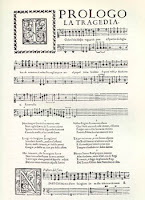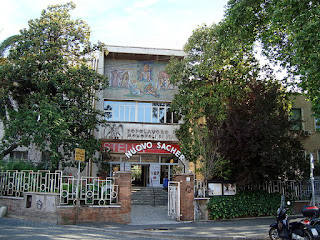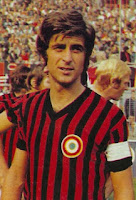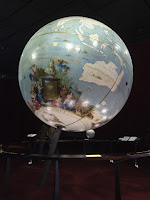Emilio Salgari – adventure novelist
Author’s heroes and stories are still part of popular culture
Emilio Salgari, who is considered the father of Italian adventure fiction, was born on this day in 1862 in Verona. Despite producing a long list of novels that were widely read in Italy, many of which were turned into films, Salgari never earned much money from his work. His life was blighted by depression and he committed suicide in 1911. But he is still among the 40 most translated Italian authors and his most popular novels have been adapted as comics, animated series and films. Salgari was born into a family of modest means and from a young age wanted to go to sea. He studied seamanship at a naval academy in Venice but was considered not good enough academically and never graduated. He started writing as a reporter on the Verona daily newspaper La Nuova Arena, which published some of his fiction as serials. He developed a reputation for having lived a life of adventure and claimed to have explored the Sudan, met Buffalo Bill in Nebraska and sailed the Seven Seas. He actually met Buffalo Bill during his Wild West Show tour of Italy and never ventured further than the Adriatic. Read more…
___________________________________________________________________
Lino Capolicchio - actor
Acclaimed for role in Vittorio de Sica classic
The actor and director Lino Capolicchio, who starred in Vittorio de Sica’s Oscar-winning film The Garden of the Finzi-Continis, was born on this day in 1943 in Merano, an alpine town in the Trentino-Alto Adige region of northern Italy. Capolicchio appeared in more than 70 films and TV dramas, and dubbed the voice of Bo Hazzard in the Italian adaptation of the American action-comedy The Dukes of Hazzard. As a director, he won awards for Pugili, a drama-documentary film set in the world of boxing based on his own storylines, but it is for The Garden of the Finzi-Continis, for which he won a David di Donatello award for best actor, that he is best remembered. The movie is about a wealthy Jewish family in Ferrara in the 1930s, whose adult children, Micol and Alberto, enjoy blissful summers entertaining friends with tennis and parties in the garden the family’s sumptuous villa. Capolicchio’s character, Giorgio, from another middle-class Jewish family, falls in love with Micol but she only toys with his attentions. In any event, everything changes with the outbreak of war as northern Italy’s Jewish population become targets for the Nazis and their Fascist allies. Read more…
___________________________________________________________________
Giuseppe Meazza - Italy's first superstar
Inter striker who gave his name to the San Siro stadium
Italian football's first superstar, the prolific goalscorer Giuseppe Meazza, died on this day in 1969, two days before what would have been his 69th birthday. Most biographical accounts of his life say Meazza was staying at his holiday villa in Rapallo, on the coast of Liguria, when he passed away but John Foot, the Italian football historian, says he died in Monza, much closer to his home city of Milan. Meazza, who was equally effective playing as a conventional centre forward or as a number 10, spent much of his career with Internazionale, the Milan club for whom he scored a staggering 243 league goals in 365 appearances. In the later stages of his career he left Inter after suffering a serious injury, initially joining arch rivals AC Milan. A year after his death, the civic authorities in Milan announced that the stadium shared by the two clubs in the San Siro district of the city would be renamed Stadio Giuseppe Meazza in his honour. Born in the Porta Vittoria area of Milan, not far from the centre, Meazza had a tough upbringing. His father was killed in the First World War when Giuseppe was only seven. Read more…
Home





















